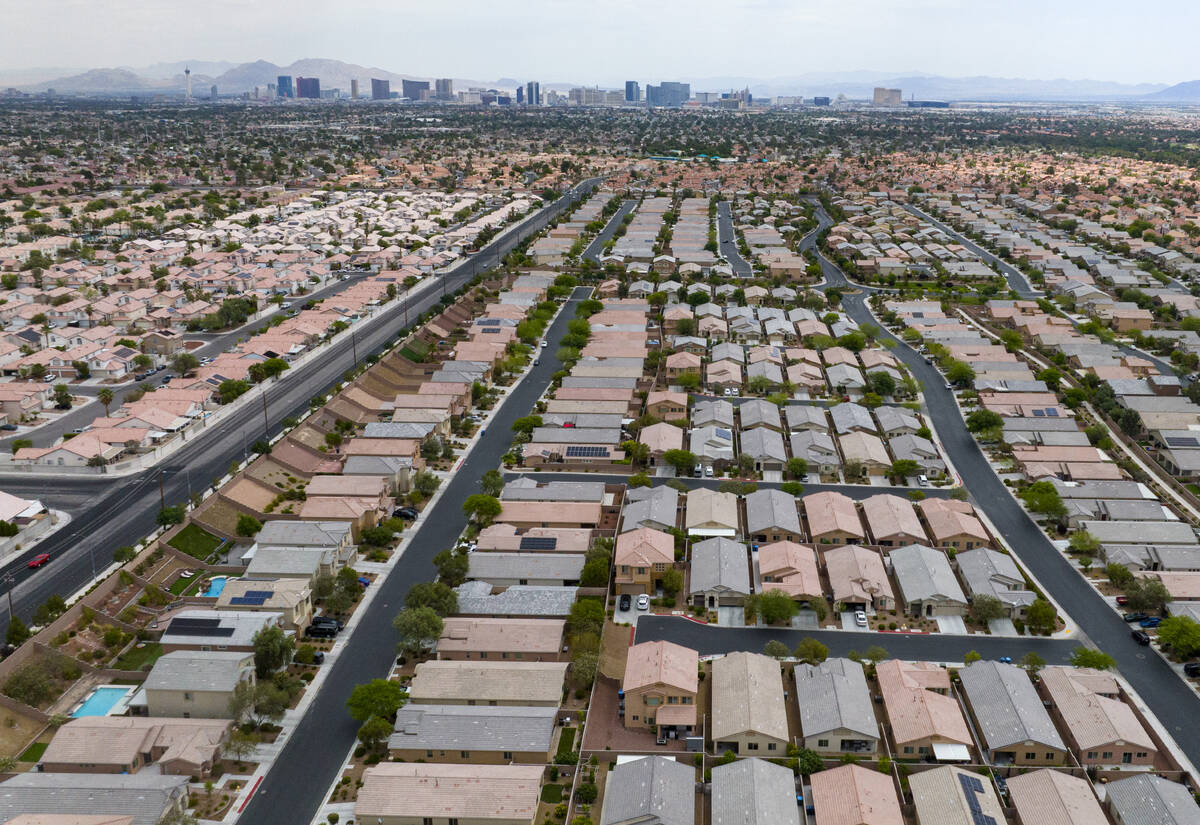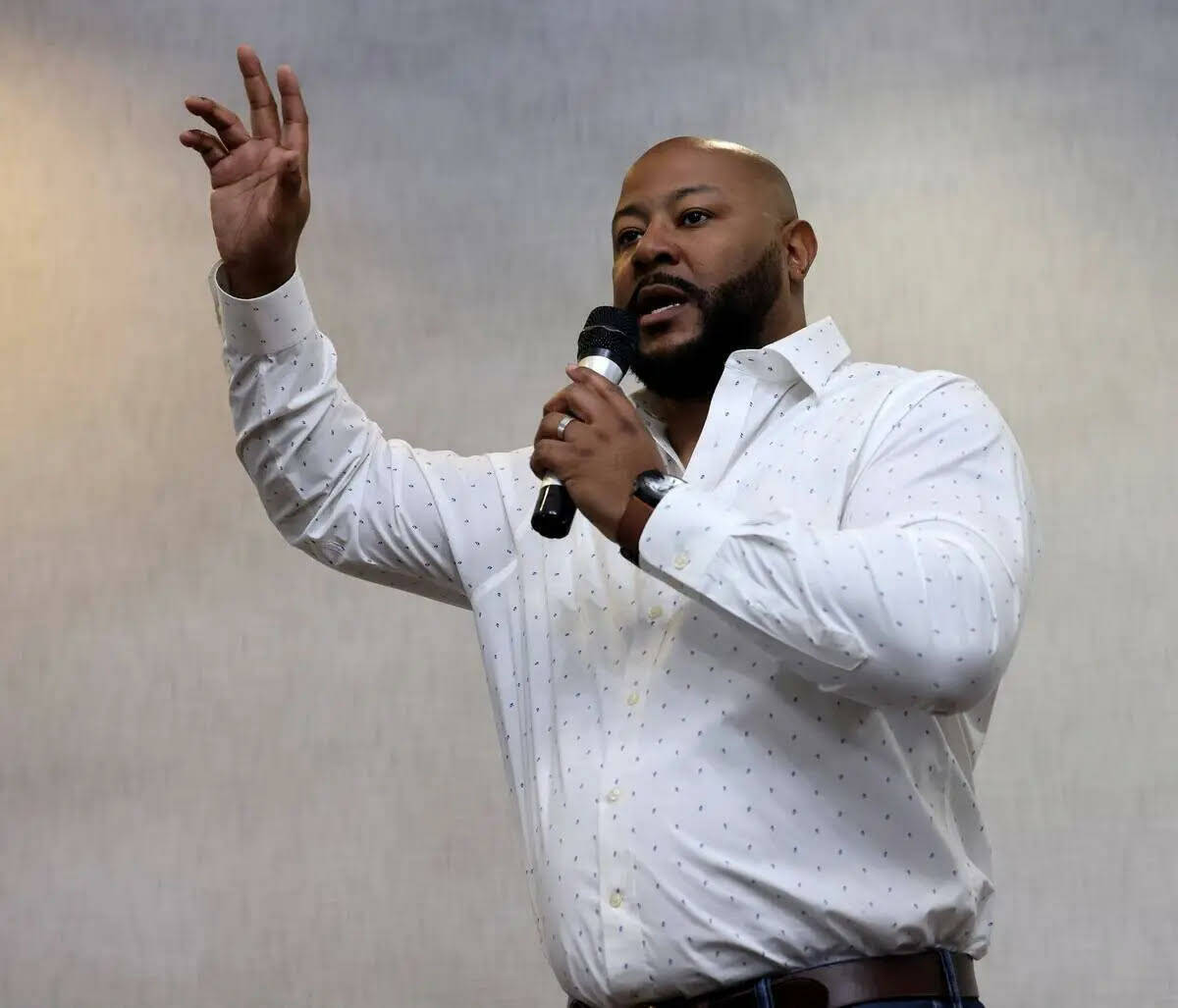Most Nevadans think housing now unaffordable, survey finds
Fewer than 20 percent of Nevada residents now believe the state is an affordable place to live, and the top issues that worry them are housing and inflation, according to a new survey.
Noble Predictive Insights spoke to 814 Nevada residents at the end of April for its Nevada Public Opinion Pulse. Affordable housing and inflation tied for their top issue, at 19 percent each. A previous survey in January had inflation as the top issue facing Nevada residents.
Affordable housing was the top issue for 60 percent of Nevada natives surveyed.
The survey also found that only 16 percent of Nevada residents believe housing in the state is affordable, and about a third of residents said they have considered leaving the state because of housing costs.
Maurice Page, the executive director for the Nevada Housing Coalition, said the survey underscores what many people within the affordable housing realm already know.
“Nevadans are ready for bold, transformative action to solve our housing crisis,” he said. “With a majority of voters ranking housing affordability as a top concern and widespread support for building apartments and opening federal lands, the public is signaling a clear shift away from the outdated ‘Not In My Backyard’ mindset.”
Home prices have come down from a record high that kicked off 2025, according to the latest data from Las Vegas Realtors.
The median price for a house sold in Southern Nevada in April was $480,000, down $5,000 from a record high that was set at the start of the year and had held for multiple months, according to Las Vegas Realtors, which pulls data from the Multiple Listing Service. The median price for a house is still up 2.3 percent from April of last year.
Renters concerned with affordability
In the Noble survey, renters (59 percent) were more likely than homeowners (45 percent) to list affordable housing as a top-three concern.
David Byler, chief of research for Noble, said that discrepancy in sentiment is growing in the state.
“In this survey, we started reporting data about what type of housing a voter is in and whether they own, rent, or have another arrangement. What we found makes all the sense in the world,” he said in a press release. “People who own their own homes aren’t as concerned about price — incomes are higher, and increasing home prices may benefit them in the long run. But renters and lower-income voters are worried about being locked out of home ownership forever.”
Page said the survey should be a wake-up call to reform zoning laws that are standing in the way of affordable housing projects, including minimum lot sizes, “excessive” parking requirements and barriers to developing mixed-use projects.
The state’s exponential population growth over the decades has far outpaced housing supply, he said, and the Great Recession and the pandemic further set the area back.
A recent report from the UNLV Lied Center for Real Estate found that the valley hasn’t been building enough homes for about 15 years.
Looking at the average level of residential permits filed between 1995 and 2003 (omitting a period of economic downturn in 2004-09), beginning in 2010 there was a 64 percent drop in permits, nearly three times as large of a drop than the national average (23 percent) during that same time period.
“If Nevada wants to remain livable for both longtime residents and future generations, we must stop building out and start building up,” said Page. “The data show that Nevadans are not only concerned they’re willing to make tradeoffs like longer commutes to find affordable homes. But the burden shouldn’t fall only on residents. It’s time for us to make it easier for developers to operate and build the diverse housing stock we so desperately need.”
Contact Patrick Blennerhassett at pblennerhassett@reviewjournal.com.




















